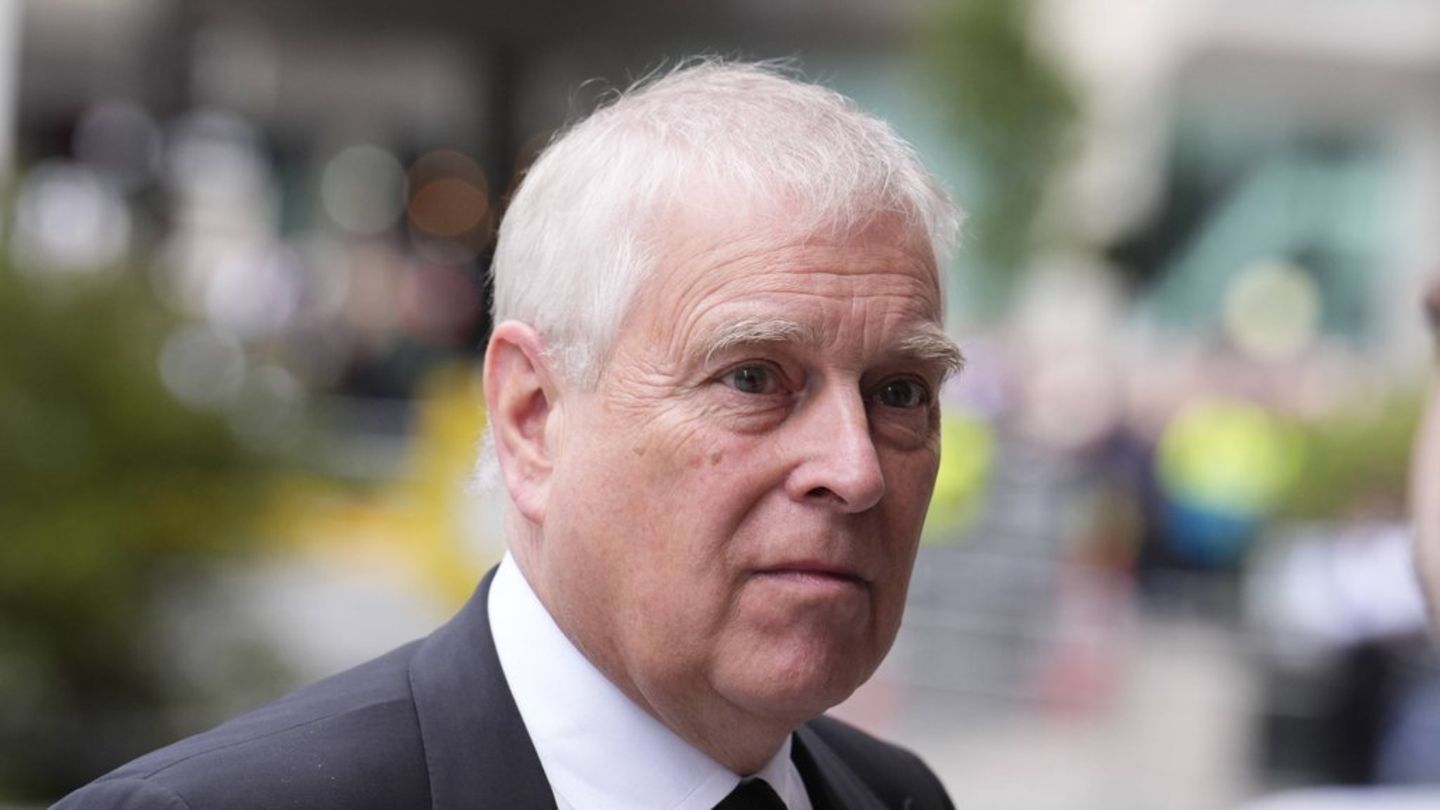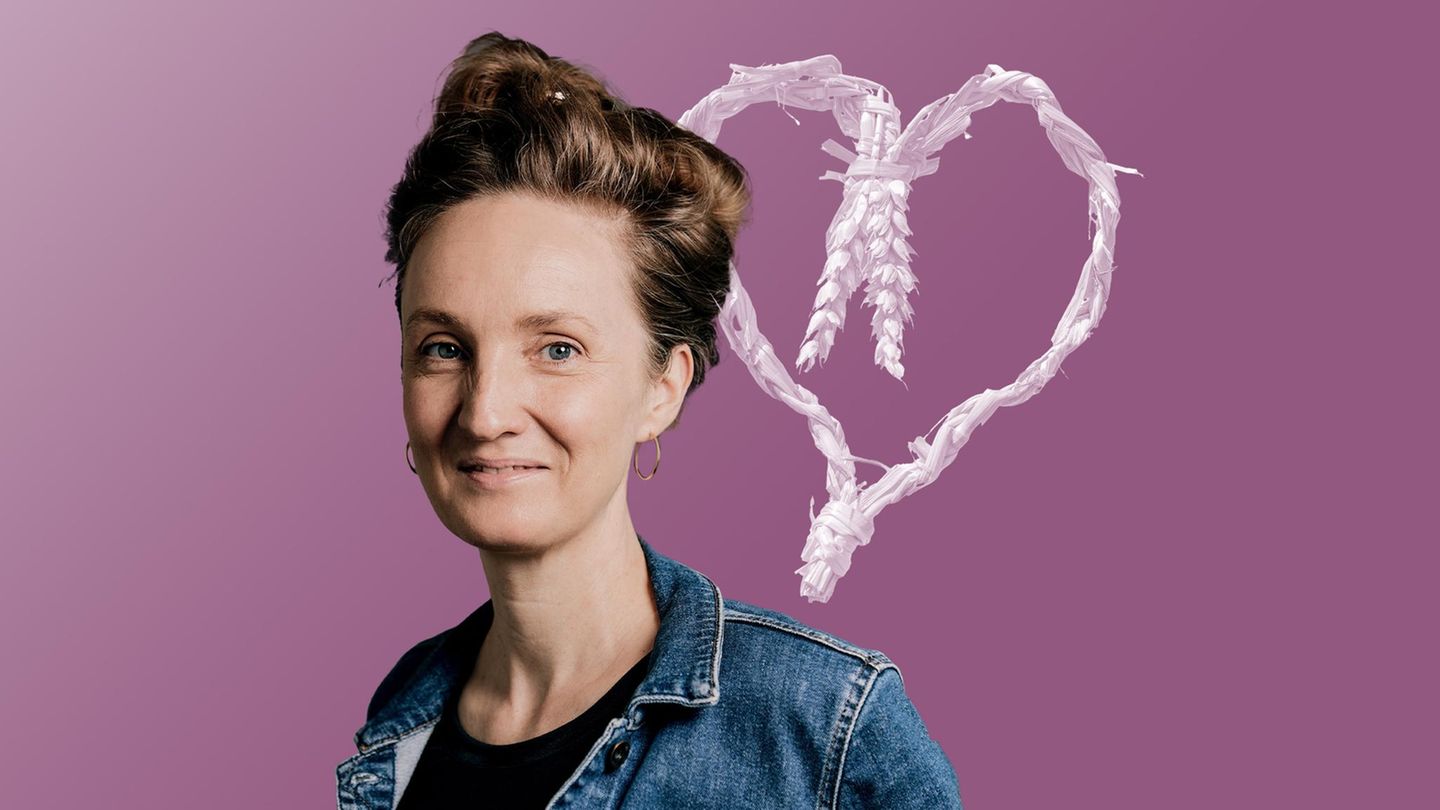Hydrogen is considered a key technology for balancing fluctuations in the production of green electricity and decarbonizing industrial processes. In Upper Austria there is now the prospect of a hydrogen cycle with electrolysis, storage, power plants and pipelines on a large scale – it should become a reality in 2028.
In addition to existing development programs, a starting point are two research projects for which the state government released funding totaling four million euros on Monday and which were presented by State Energy Councilor Markus Achleitner (VP) and representatives of involved organizations.
Electrolysis with 200 megawatts
Firstly, the “HySolve” project at the Upper Austria University of Applied Sciences (FH), in which hydrogen is being researched as an energy source, fuel and storage medium.
Secondly, “ThermoGreenHydrogen”: H2 Powerlink GmbH is driving forward a lead project for energy conversion. The production, storage and use of hydrogen is being researched in combination with thermoelectricity, which converts unused industrial waste heat into electricity. The company was only founded this year: by Manuel Pfeil, who had previously worked at voestalpine for 18 years, Markus Adenbeck from Wels (engineering office for building technology) and two other colleagues. Research partners are the metallurgical competence center K1-Met (voestalpine, Primetals, JKU Linz, Montanuni Leoben) and the University of Applied Sciences.
The hydrogen cycle, which is planned to be in real operation from 2028, is to be developed and tested in a FH demonstration system in a hall in Wels. A battery storage system with 500 megawatt hours is intended to compensate for network fluctuations, while hydrogen serves as long-term energy storage. A 200 megawatt electrolyzer uses electricity from solar energy, wind and hydropower and splits water into oxygen and hydrogen. The latter also serves as fuel for various sectors and is used as a raw material in industry.
“}”>
Image: Margot Haag
Source: Nachrichten




